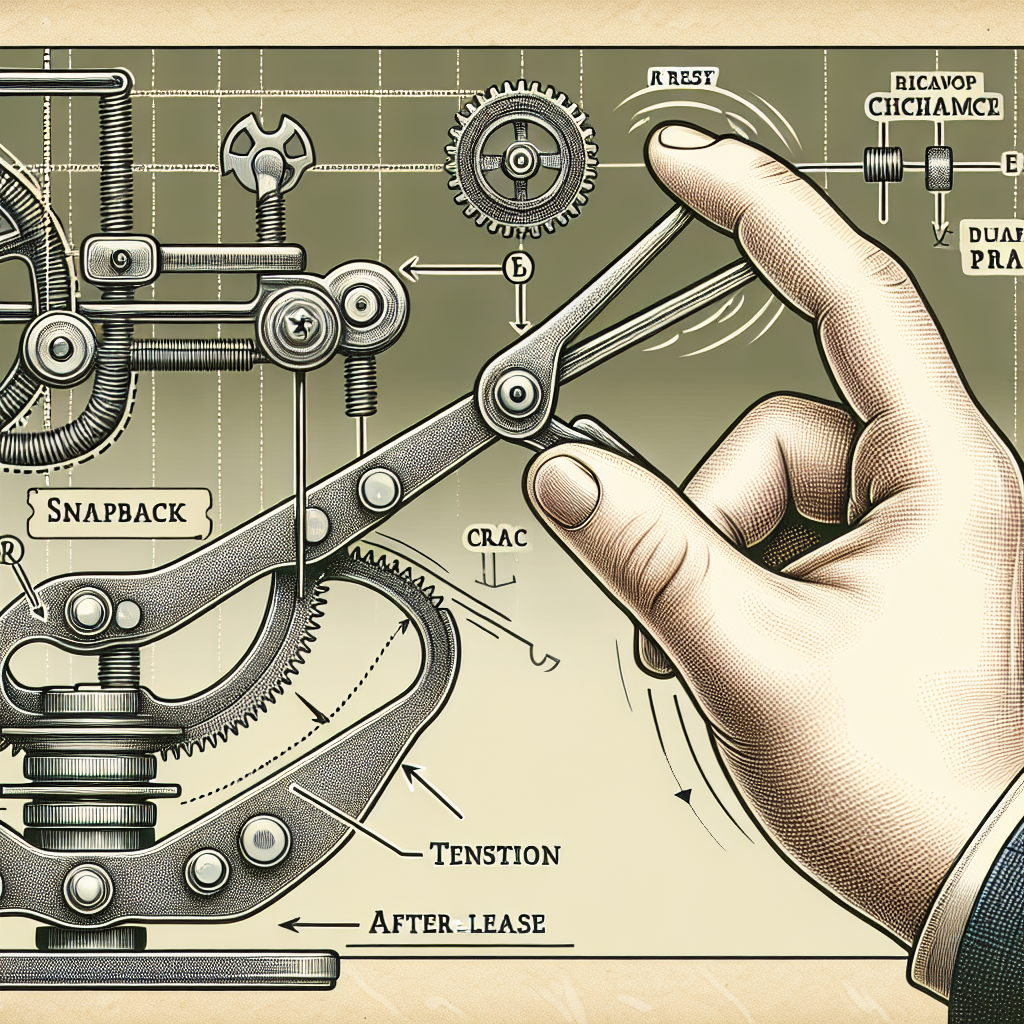UN Snapback Mechanism: Impact on Iran's Oil Sector
Iran's Oil Minister, Mohsen Paknejad, said the United Nations snapback mechanism won't significantly impact Iran's oil sales due to existing U.S. sanctions. As Tehran and European powers negotiate to prevent renewed U.N. sanctions, Paknejad argues that the current situation already imposes severe restrictions on Iran.

- Country:
- United Arab Emirates
Iran's Oil Minister, Mohsen Paknejad, announced on Wednesday that the activation of the United Nations snapback mechanism is unlikely to impose 'new burdensome restrictions' on Iran's oil exports. Tehran is currently engaged in negotiations with European powers to prevent the reimplementation of U.N. sanctions this week.
Paknejad addressed the concerns in a statement released through the oil ministry's news outlet. He argued that the harsh penalties from 'unjust and unilateral' United States sanctions have already placed severe restrictions on Iranian oil sales, suggesting that additional U.N. sanctions would have minimal impact.
With ongoing talks to avoid the return of sanctions, Iran faces a geopolitical challenge as it navigates international efforts aimed at curtailing its oil trade amidst the looming threat of further political and economic isolation.
ALSO READ
UPDATE 1-Iran and European powers in high-stake talks over return of UN sanctions
Standoff Over Sanctions: Iran and European Powers in Eleventh Hour Diplomacy
Diplomatic Tensions Rise: U.S. Sanctions on Brazilian Justice's Wife
A New Era: Syrian President Calls for U.S. Sanctions to Be Lifted
U.S. Sanctions: Impact on Brazilian Officials and Institutions










